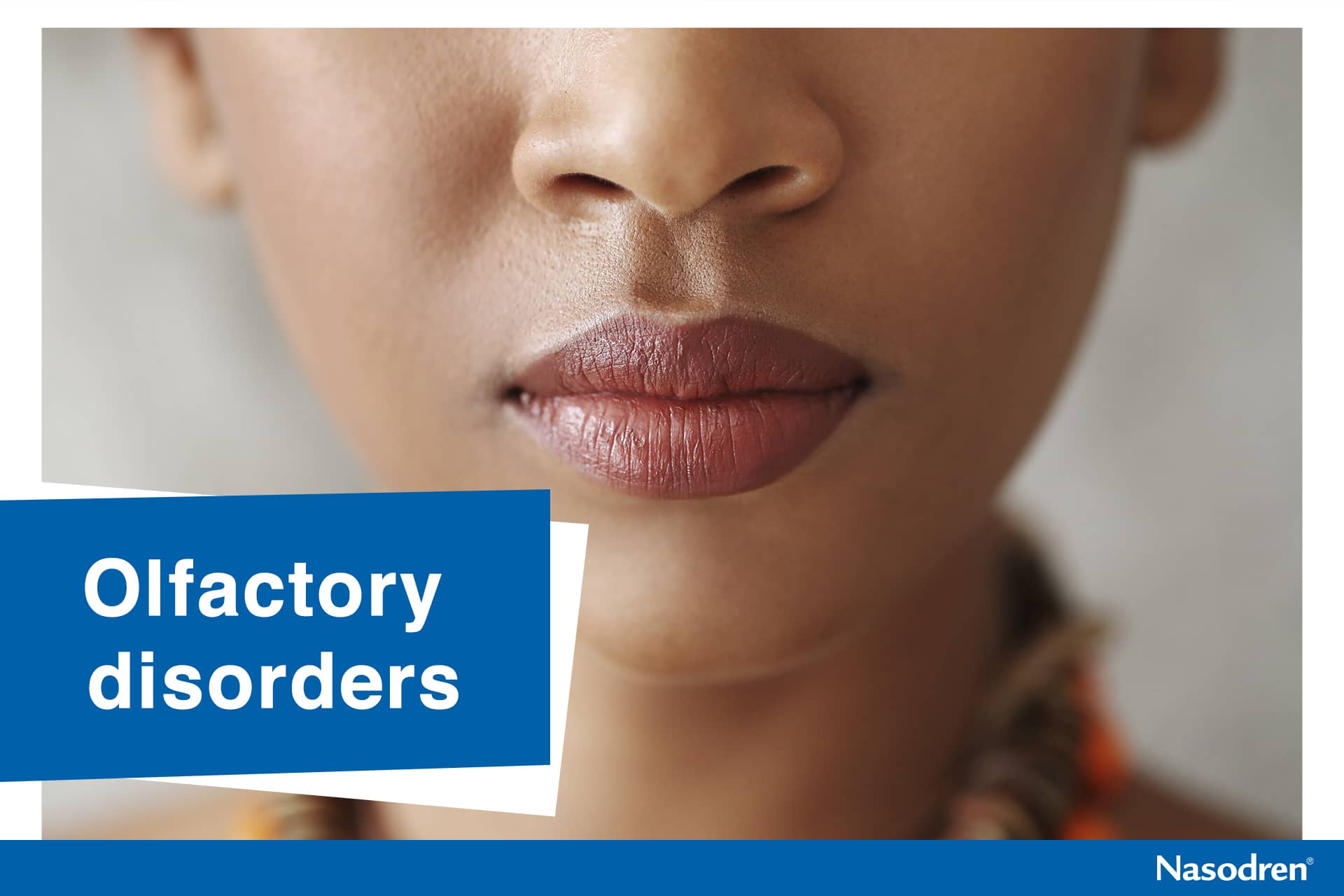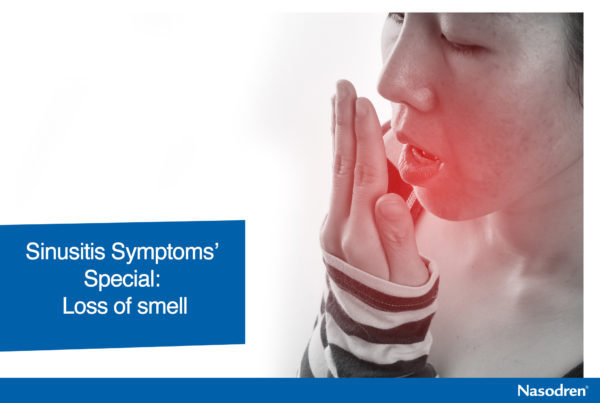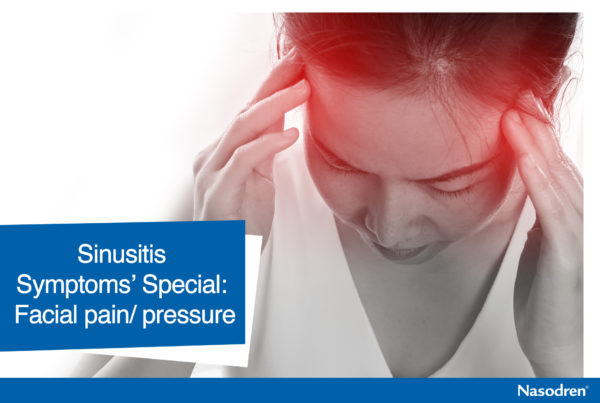The smell is the sense that allows us to distinguish thousands of pleasant aromas and alerts us that can be harmful and can even influence our love relationships.
Smell deteriorates with age and worsens more in men than in women.
In the Olfacat study, led by the Rhinology and Smell Clinic Unit, Otorhinolaryngology Service, Hospital Clínic I Universitari de Barcelona (Spain), which included almost 10,000 participants, 93.1% of the participants subjectively rated their meaning smell as good or delicious. In contrast, 6.9% of them reported that their smell was poor or very poor.
In this same study, almost a third of the participants reported a history of loss of smell, most for less than a week; for more than 1 week was more common in men.
The study results showed poor olfactory self-perception, a history of loss of smell for more than 1 week, head injury, etc. Pregnancy is a potential risk factor for olfactory disorders.
Remarkably, 5% of the study participants with impaired smell were diagnosed with rhinosinusitis.
But not all people have the same ability to distinguish smells. In the study, the four odours used in the test were detected by 80.6% (normosmia), were recognized by 56%, and identified by 50.7% of the surveyed population.
There are various alterations in terms of intensity and perceptions.
The reduction in smell is called anosmia, and the total inability to perceive odours is called anosmia. If anosmia is present from birth, it is called congenital anosmia, although, fortunately, it is scarce.
When there is a change in the perception of one or more odours we speak of parosmia.
Finally, phantosmia is the sensation of perceiving an odour that is not actually present.








